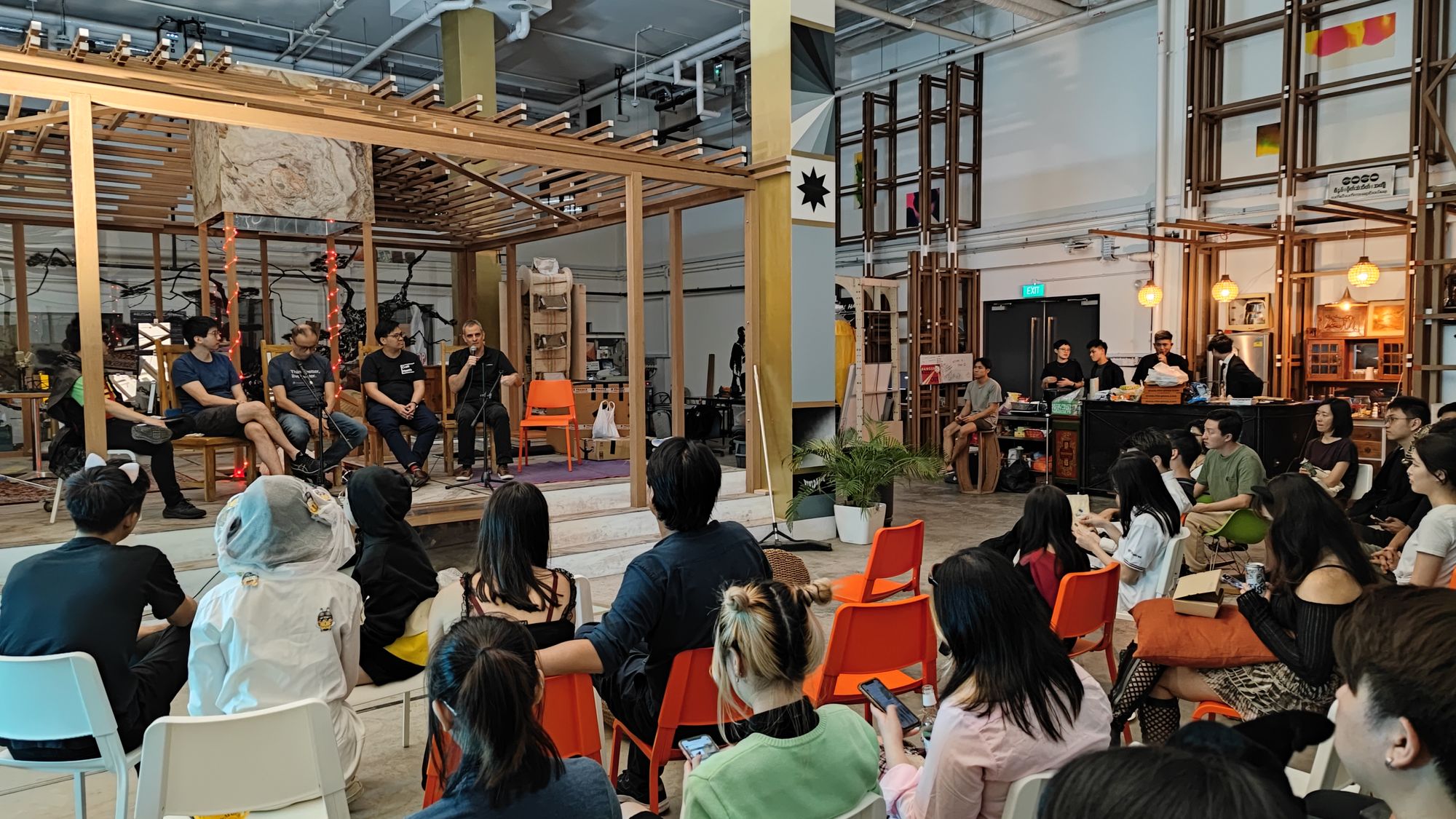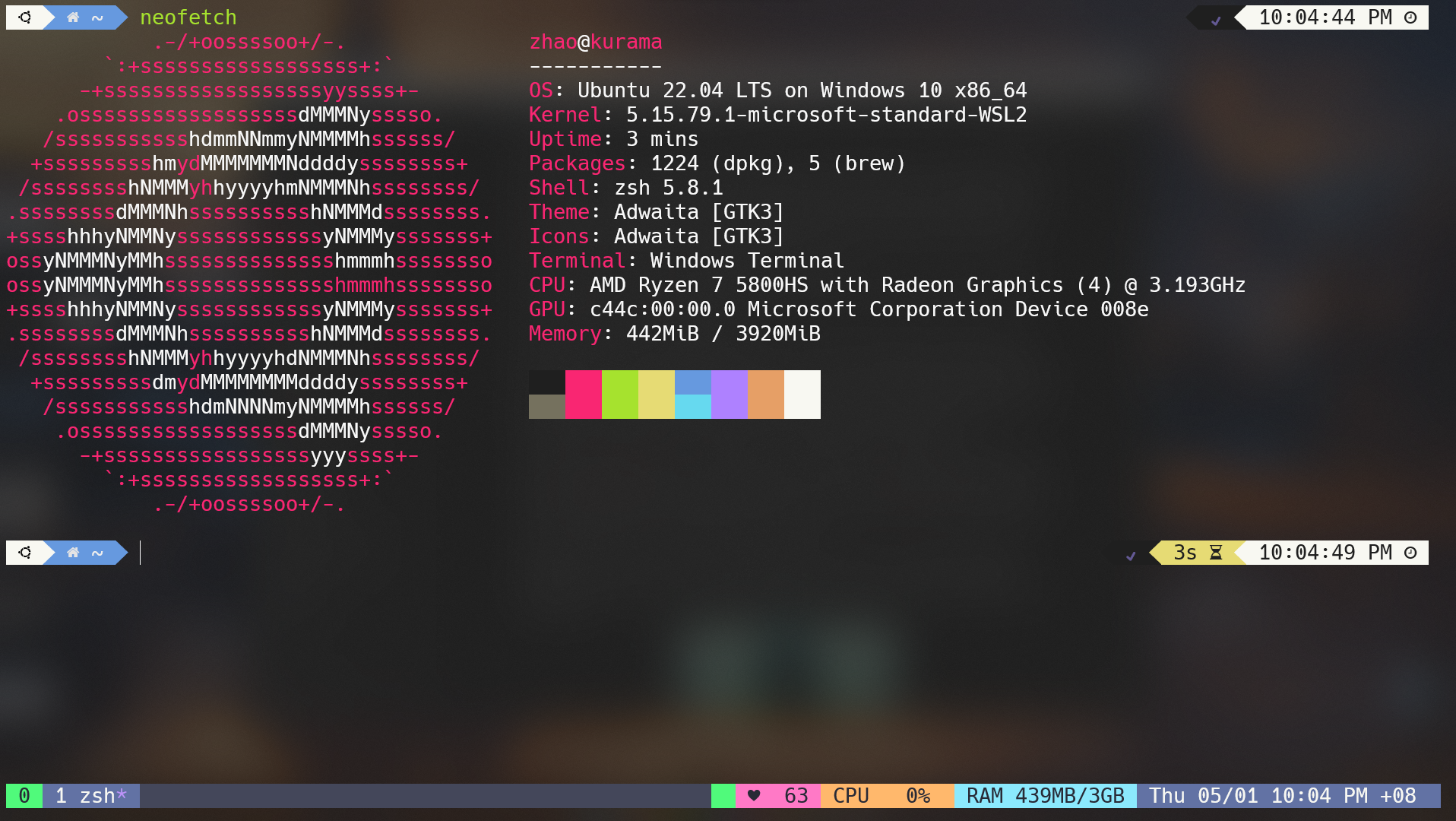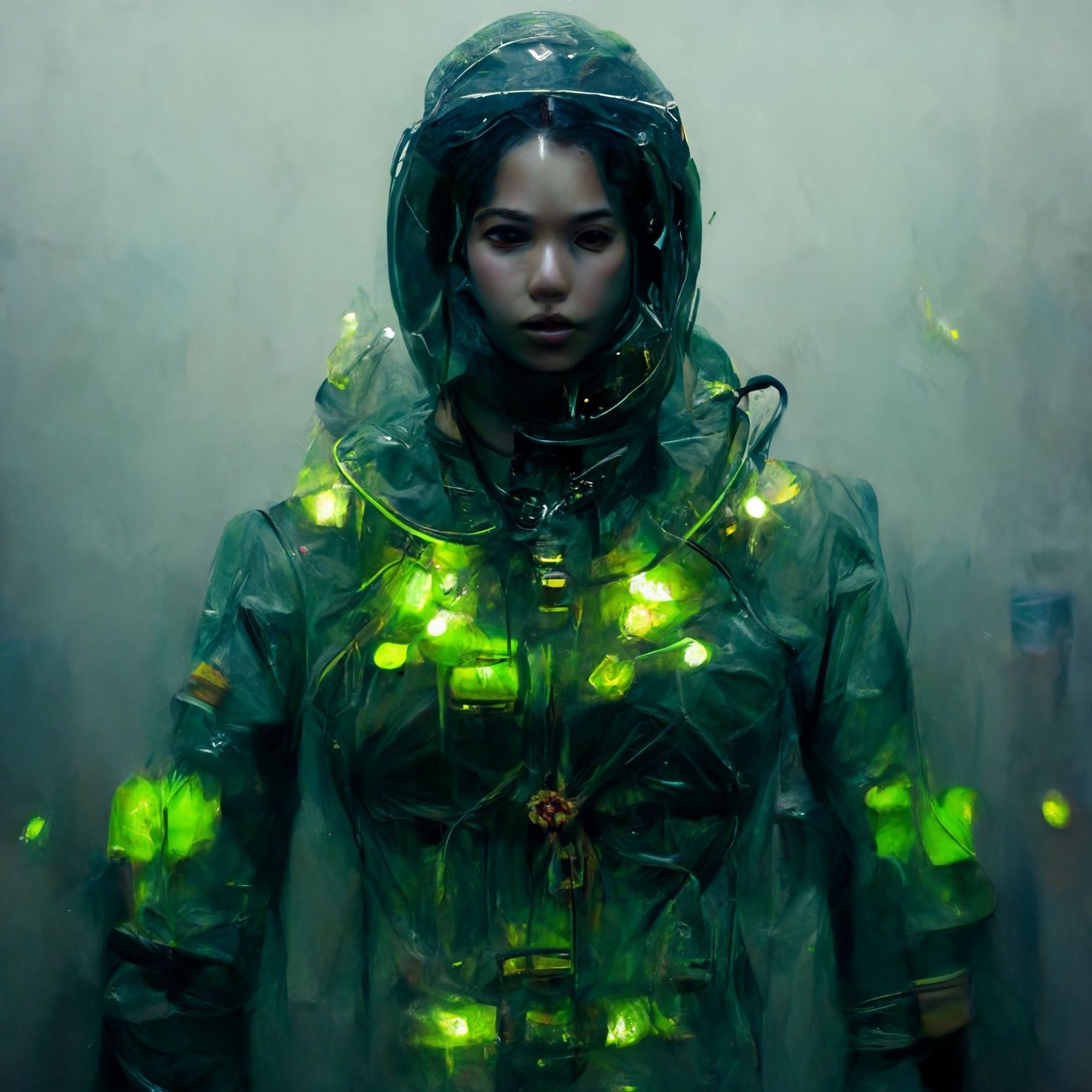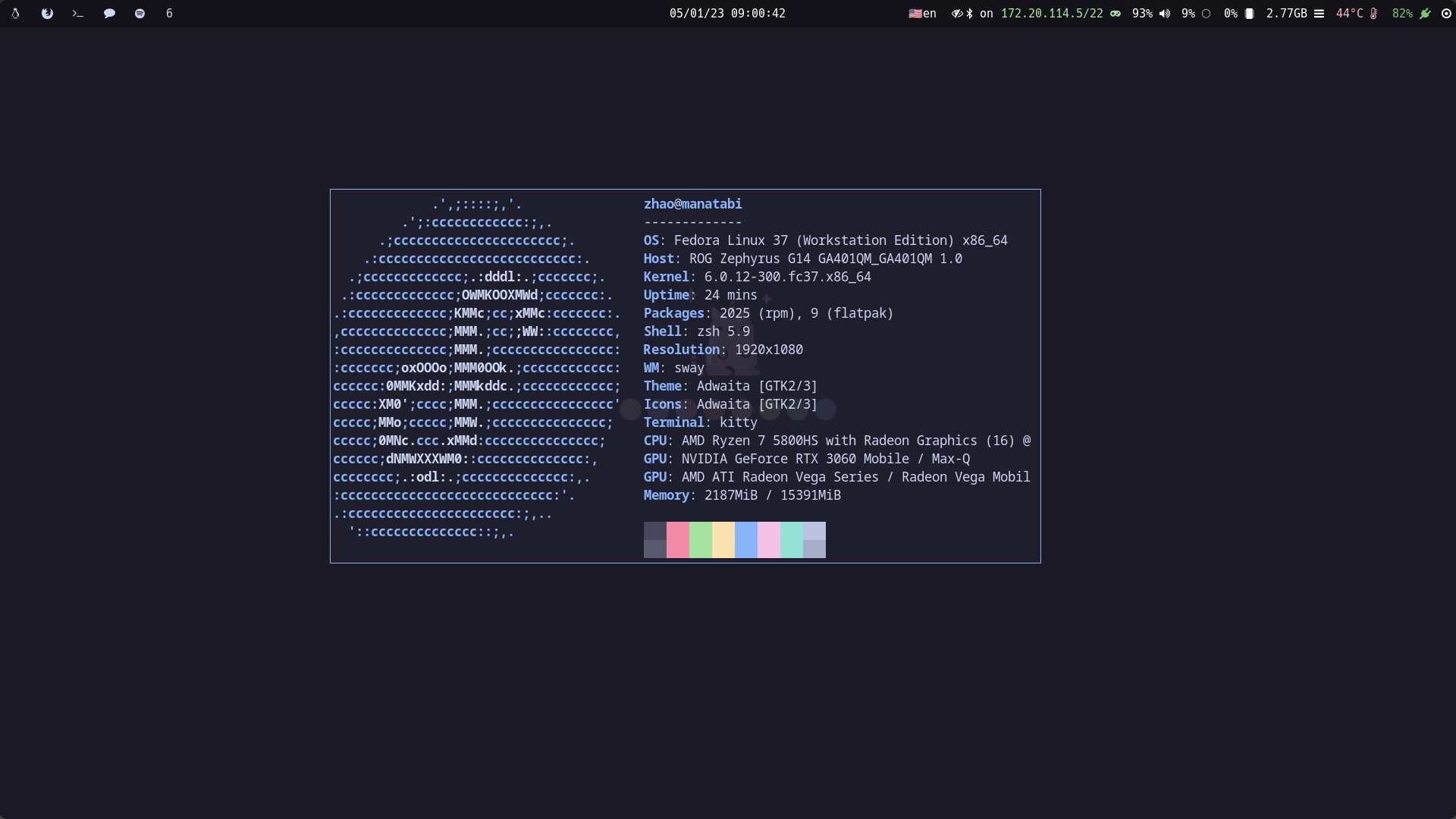Audacity Fellowship reflection

X-posted from: https://audacity.world/2023/02/28/reflections-on-young-co-innovation/
Starting university
They say that when you are young you have energy, time, but no money. When you are an adult you have energy, money, but no time. When you are a senior you have time, money, but no energy. I think this saying accurately reflects my current situation as I find myself slowly transitioning from having less money to having less time.
Recounting my past year, the first year of university for the most part was pretty easy, except for the general mods that everyone had to take. My plan was to use the extra time I had, to familiarize myself with Linux, using WSL (Windows Subsystem for Linux). It being just a headless version of Linux was perfect for me because I wanted to focus on learning the command line and system administration without relying on a GUI (graphical user interface). The goal was gain a deeper understanding of the operating system and its capabilities, hopefully moving over to it completely in the future.
Getting into Linux

I’ve used it in virtual machines on Windows before, but I wanted to take it a step further and fully integrate it into my workflow. As Linux was originally made by developers for developers, there are more widely used open source tools and applications available. I also started learning and using Neovim more, a powerful shell based text editor that you can personalize with many commands and plugins. I slowly begun to use it even for school work and this also led me to start my own dotfiles repository to save all the configurations I’ve made.
Soon after I found tmux, a terminal multiplexer, which allowed for even more features and better workflows. At this point I was pretty much doing everything on just a WSL Linux terminal, using only windows for work that required a GUI.
At the end of the first year I started diving into Docker, after hearing many great things about it. Docker is way to containerize applications or even whole OSes. It makes things more portable and you no longer had to set-up all the dependencies for each project manually, you could just spin up a new container with everything pre-configured with a single command. I played around with many different Linux distributions there, trying to find one that I enjoyed using. I also set-up my developer environment as a Docker Image in a couple different Linux distributions.
Around this time, Heetesh also contacted me play around with the new telepresence robot which he got from OhmniLabs. It was the perfect timing because the robot also used docker to easily scale out their code to all the robots they produced. We wanted to connect the OpenAI OAK-D camera to the robot, making it speak and following us around, but realized it was quite hard to add functionality due to the limited processor and memory the robot had.
I then left on my solo trip + summer school to Korea, something that I’ve always wanted to go. Originally I had planned to do a solo trip to Thailand but a last minute successful scholarship application on the day before my final exam changed some plans. It was definitely an experience I’ll never forget.
Containers and more

When I came back, I started to develop a couple of websites with the skills that I’ve learnt over the past year. I made some alpha versions of my portfolio website, this blog, magic app and game on my DigitalOcean cloud server. But I was most proud of was how I set-up the networking with Traefik and containerized everything with Docker, which meant that I could easily move my set of web apps to another server and have everything back up in a few minutes. Around this time AI image generation also blew up, because of software like DALL-E 2, stable diffusion and midjourney. I found a new hobby dreaming up new images on the midjourney discord server, which I found was the best among all the others at that time.

Fast forward to today, I have moved to a complete Linux environment, using Fedora as my distribution of choice and I couldn't be happier with my decision. The transition wasn't easy and there were definitely some challenges along the way due to the lack of official support for Asus laptops, but overall the switch to Linux has been a positive experience and also made me understand more about the Linux system.
ChatGPT is also something that I've been using quite often now, it has definitely came a long way from GPT-2. It's amazing how good it is at solving programming related tasks, combining the GPT-3 text and codex models together. Together with github's copilot, it's indispensable in my workflow now. I use it to resolve errors and explain things that I would usually otherwise google. Although it was only trained on data up until 2021, it feels like it is all knowing and the possibilities are endless. Hoping to see even better open source models soon like stable diffusion that will beat OpenAI's.
Due to google ending unlimited storage for schools, my goal this year will be to build my own home server, storing my 2.37TB of data and allowing me to access it from anywhere. Also, hosting my own GitLab, a development environment for remote access as well as moving my webapps hosted on DigitalOcean server over eventually.
I’m really thankful to Audacity for providing me with the opportunity to explore my interests even after my internship, and for providing me with valuable experience and skills that I can use in my future career. I’ve always learnt something new when interacting with the community, and it was really nice to see familiar faces at the parties held at MicroFactory at the end of this year. Hope to see even more exciting things happening in 2023!
